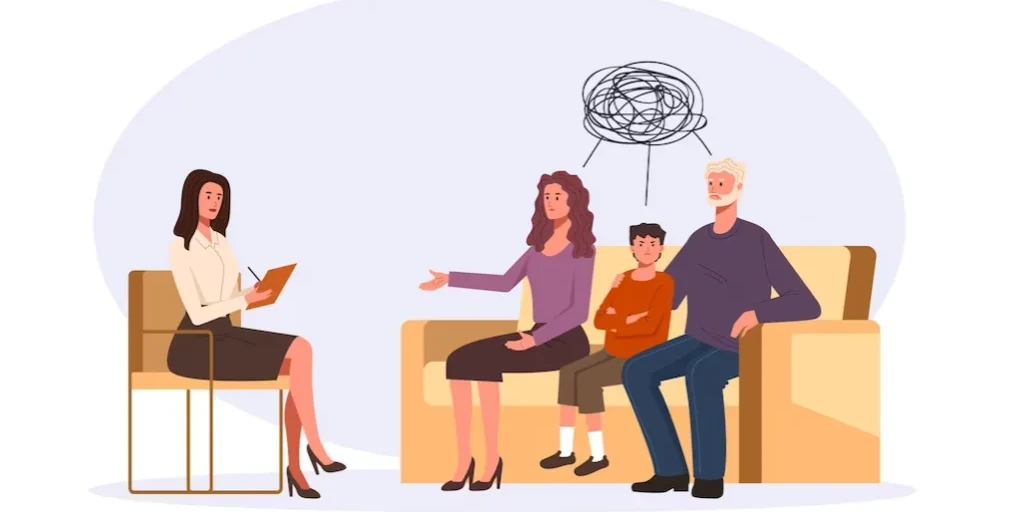24/7 Helpline:
(866) 899-221924/7 Helpline:
(866) 899-2219
Learn more about Individual Therapy centers in Palm Coast
Individual Therapy in Other Cities
Other Categories in Palm Coast

Other Insurance Options

United Health Care

Sutter

UMR

Aetna

WellCare Health Plans

MHNNet Behavioral Health

Meritain

EmblemHealth

MVP Healthcare

AllWell

CareSource

Humana

Sliding scale payment assistance

GEHA

Ambetter

Kaiser Permanente

WellPoint

Horizon Healthcare Service

Holman Group

Self-pay options

Quantum’s Oceanside Recovery
Quantum’s Oceanside Recovery specializes in the treatment of substance abuse, including alcohol and ...

AA – Alcoholics Anonymous
AA – Alcoholics Anonymous is a non-profit rehab located in Palm Coast, Florida. AA – Alcoholics Anon...

Stewart Marchman ACT – Behavioral Health Center
Stewart Marchman ACT – Behavioral Health Center is a private rehab located in Palm Coast, Florida. S...

WhiteSands Treatment – Palm Coast
WhiteSands Treatment – Palm Coast is a private rehab located in Palm Coast, Florida. WhiteSands Trea...









